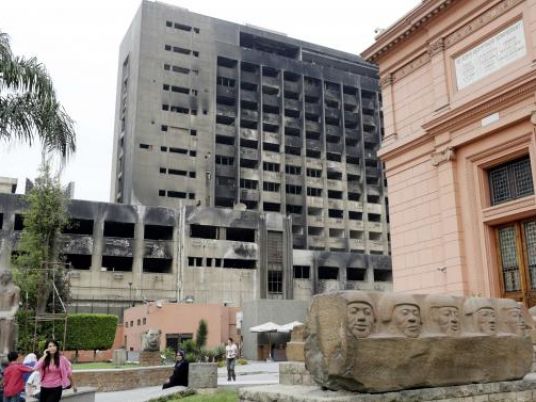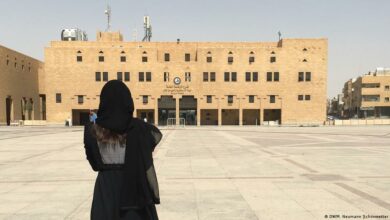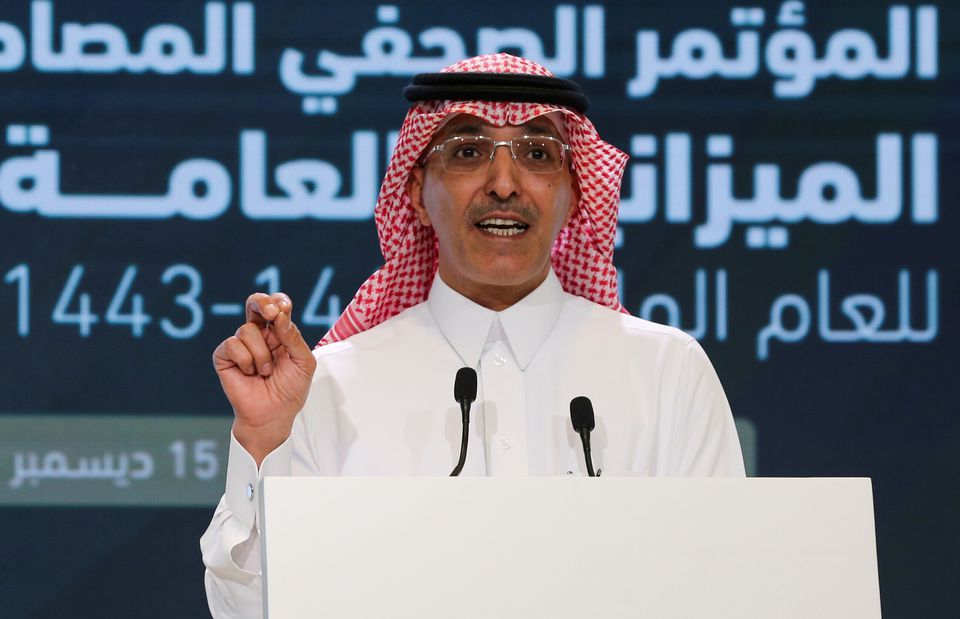The significance of parliamentary elections in Egypt should not be overstated for a number of reasons.
First, the Egyptian parliament is weak and remains subservient to the executive branch of government. President Hosni Mubarak has the right to dissolve parliament at any time, and the legislative body can hardly affect the shape or nature of government. Parliamentary elections are of relatively minor importance to Egypt’s political power structure.
Second, voter turnout has been consistently low since 1952. Many citizens feel elections have no effect on their economic and social well-being–the main concerns for most Egyptians–have no faith in the fairness and transparency of the process. Elections are met with apathy especially by the middle class, which has been actively de-politicized since the 1950s when Nasser brought political parties, trade unions and NGOs under the wing of the state.
Third, the ruling National Democratic Party (NDP) has won every Egyptian election since its creation in 1978, with the executive authority routinely intervening to ensure the success of NDP candidates. During elections all the state's powers are harnessed to benefit ruling party candidates; the security apparatus, public sector institutions, governors, mayors, village officials, religious leaders, police officers, and editors-in-chief of state newspapers all work openly for the preservation of NDP power
Finally, Egyptian opposition parties and movements, for the most part, do not believe in the elections as a potential mechanism for political change. Official opposition parties only seem to remember elections a few months before they are held, and usually make excuses that security restrictions–against which these parties put up little resistance–prevent them from communicating with the masses and building political support.
Opposition movements, on the other hand, who have not been granted legitimacy by the state are content with merely protesting in front of professional syndicates or voicing dissent on satellite TV stations. Many of them advocate election boycotts with no real sense of what average Egyptians–who would be the true beneficiaries of reform–actually want.
While elections, in general, have failed to mobilize the public and foster genuine political contestation throughout most of Egypt’s modern history, the situation has deteriorated to an alarming extent in the five years since the last parliamentary elections. While the 2005 polls took place in a context of more political openness and press freedom, the government has since reneged on its promises for political and constitutional reform. Even trade union and student union elections have been marred by allegations of interference and security restrictions.
Behind the massive manipulation of Egypt’s 2010 polls lies a ruling party that is divided by internal conflicts over the future of the presidency. The 82-year-old Mubarak has yet to declare whether or not he will run for a sixth term in 2011. Some elements of the NDP support the succession of his son, Gamal Mubarak, but such an outcome has yet to attain consensus among the regime’s ruling heads.
This conflict manifested itself during the parliamentary elections through the NDP’s inability to choose a candidate list with unanimous party support. The party’s solution was to run more candidates than there are seats in parliament, while preventing party members whose candidate applications were unsuccessful from leaving the NDP to run independently. Only in this way could the NDP hold its membership base together.
The 2010 elections have proven that reform within the ruling party has failed. The NDP continues to depend on influence it exercises through the executive authority to secure election victories. It has failed to overcome tribalism and sectarianism in its constituencies. To ensure local victories, some NDP candidates got involved in heated sectarian rhetoric where it was politically useful. Some levelled bitter accusations at each other to win an edge in competitive districts. All this so the NDP could ensure an absolute majority victory, at the expense of the party’s own image and reputation.
Despite attempts by the NDP to present itself as a strong unified party, these elections have demonstrated otherwise. What moves many NDP candidates is not a political vision, but rather a desire to win a parliamentary seat (a goal for which the NDP serves as the most effective vehicle) for the sake of their own interests.
Meanwhile, the NDP has miserably failed to establish any connection Egyptian citizens or address their grievances. It has failed to convince Egyptians of its political competence or criticize of any its shortcoming. Instead, it makes bogus claims to progress that ring hollow with most Egyptians.
These elections were a political failure by all counts. They succeeded only in exposing Egypt’s deteriorating economic, social, and political conditions from which no extrication seems imminent.
Ahmed Fawzy is treasurer of the Egyptian Association for Community Participation Enhancement.




